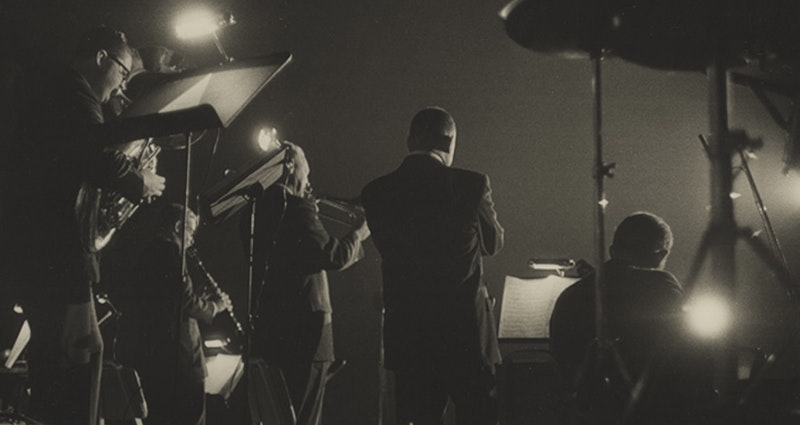In 2008, I had a strange and enlightening experience. I was diagnosed with a potentially fatal illness, and began to get the idea that I was already living eternal life. That is to say, I was enjoying the things I love—friends, family, jazz—but had the feeling they survive death.
I wouldn’t have said it at the time, but the heart of my feeling was this: that we are already gods. When God breathed life into us it meant we’d always have some of that same life in our souls. Here and now, we are already immortal beings. “Is it not written in your Law, ‘I said, you are gods’?” Jesus says John 10:34. If it’s no longer you who lives, but Christ who lives in you, than you already have a taste of heaven.
The idea of our being immortal filled with the life of God is a rejection of the “dualistic” nature of some Christian thought—that our bodies and souls are completely separate. If this theology is wrong, it has been a terrible blind alley. It has led people to try and explain away transcendent moments, from sex to live music to literature, as something other than a direct manifestation of our godliness. It has denied the Christ living inside of us.
One of the smartest people to make the non-dualistic argument for oneness is Eastern Orthodox theologian David Bentley Hart. In his recent book You Are Gods: Nature and Supernature, Hart argues that humans are “supernatural creatures with incorporeal spirits whose purpose is to commune with the divine by achieving grace.” Citing scripture and Christian mystics like Meister Eckhart, Hart argues that the body and spirit are intertwined, and that what happens in this world has supernatural origins and ends. We can’t be gods any more than we can stop breathing.
In 2008, after my treatment for cancer, I became a fan of a great jazz singer named Kurt Elling. Elling, a former divinity student at the University of Chicago, had commingled the lyrics of the jazz standard “My Foolish Heart” with the poetry of St. John of the Cross. Seeing him do this in concert for the first time, I was seized with a kind of spiritual ecstasy—as the Biblical translator Stephen Mitchell once said about encountering God, it was a feeling so big that it wasn’t inside of me but I was inside of it.
I interviewed Elling shortly after at Blues Alley, a little jazz club in Georgetown. Elling’s an intelligent and articulate man, yet unpretentious. "How ya doin' man?" he said, offering me a handshake. I asked about Elling's beliefs. His father was a Lutheran minister and musician—was Elling still a Christian? Elling said no, quoting Rilke that he preferred to "live the questions" rather than adhere to “any dogmatism,” although he has “great respect for the Ecclesia.” I was going to note Chesterton’s paradox of dogmatism, especially the dogmatism of Catholic Christianity, allowing us far more freedom and open questions than post-modernism's amorphous openness (which is a form of constriction), but didn’t. I told Elling about a spiritual experience I had at one of his shows. Did Elling ever have transcendent moments on stage?
Yes, he replied—every moment. Elling said we’re already "living in the eternal"—that things we’re doing in this life are a part of the timeless. "What we have here in this moment is really already eternal," he said. "Whether we experience it or not is a matter of our own spiritual self-discipline, our self-awareness, our outlook on life. But if the eternal is truly eternal then it is already happening... I kind of take for granted that I am having a transcendent experience on stage every time.”
It was appropriate that I interviewed Elling in Georgetown. It’s a place that I have a lot of fond memories of, from parading down the main drag when the Redskins won the Super Bowl, to falling in love in one of the restaurants, to buying my favorite records in the stores that filled its streets. I recently reconnected with an old friend of mine who used to own one of the most popular bars in Georgetown. She sold the business years ago and has become a devout Christian. We were sharing memories about friends, great bands and late-night conversations about God. I said, “What drove us every day was love.” It’s true. From the bands we loved to the books we read to the trip to the National Cathedral up the road to pray, we loved the good things in this world that made us feel connected to God. The kingdom of God was in us.
Will those moments be lost in time? Or were we suffused with immortal grace? As Everything but the Girl noted, perhaps “the future of the future will still contain tonight.”

